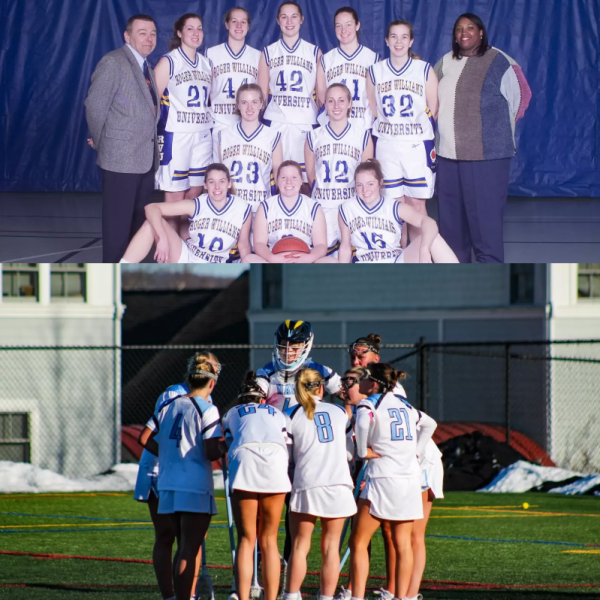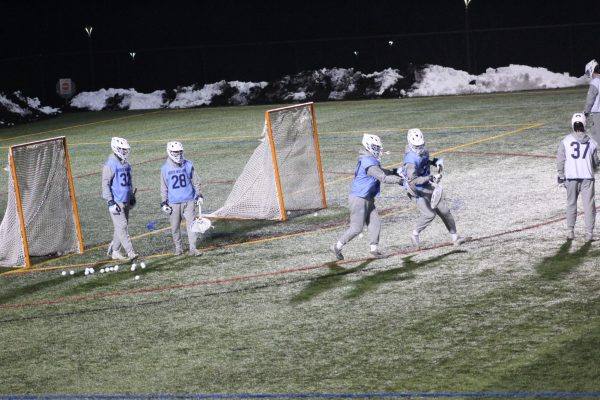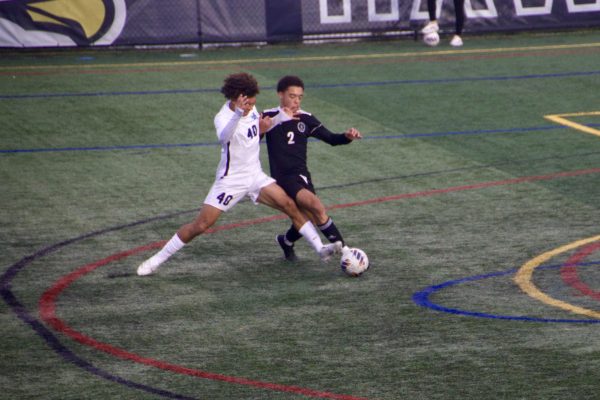Are professional sports doing their part when it comes to Black History Month?
Besides the NFL wrapping up its season on the first Sunday of the month with the Super Bowl, not much happens during February in the American sports world.
Catchers and pitchers report for Spring Training followed by position players in the MLB, while the NBA hosts events for All-Star Weekend and continues its 82 game season.
The NFL observes Black History Month (BHM) through marathon programming on the NFL network, but did not take the opportunity to observe the occasion on its most important day of the year, when millions of football and non-football fans tuned in to watch the Super Bowl.
The MLB also participates in the BHM celebration with social media posts of all-time great black players who have had profound effects on the game of baseball. But that is it.
This leaves us with the NBA. Black History Month t-shirts are sold on the NBA website, which dedicates an entire page to Black History Month with “Inspiring Action” and “Breaking Barriers” videos. It highlights the philanthropic efforts current NBA players have on their communities and important milestones for black players throughout the history of the NBA. Mainly, the celebration of Black History Month relies on the individual franchises of the NBA, however.
The Brooklyn Nets, just one of the 30 franchises, celebrated by focusing on industries like education, fashion and music, and looking at the contributions black people have made throughout history. According to the team’s website, the Nets celebrated historically black colleges and universities during their Feb. 3 game against the Phoenix Suns. Members of the musical “Ain’t Too Proud: The Life and Times of the Temptations,” which details the journey of the famous Motown group, The Temptations, performed the national anthem.
“I’ll be honest. I don’t know much about what professional teams and players do,” said senior Shafton Haley. “I would like to see more players going back to their communities and educating the youth on the importance of black history.”
One remaining question is whether or not athletes and leagues should be doing more to celebrate Black History Month.
“I think maybe pro athletes can wear designed jerseys for particular historic black people, like Martin Luther King Jr. or Malcolm X,” Placella said.
Similar ideas have been adopted by the MLB but not during Black History Month. Every year on April 15, players across the league unify to wear the number 42 on their jerseys, honoring Jackie Robinson on the same day he made his major league debut and broke the color barrier in baseball.
Despite certain efforts being made, some in the sports world are still asking questions: Are professional sports really doing enough to celebrate Black History Month for what it truly stands for? Or are they using it as a ploy to profit off of the celebration?
“From what I have noticed [over] the past few years, players and teams seem to speak on black history and about black history only as a means to benefit themselves,” Haley said. “It doesn’t necessarily seem to come from a genuine place.”





